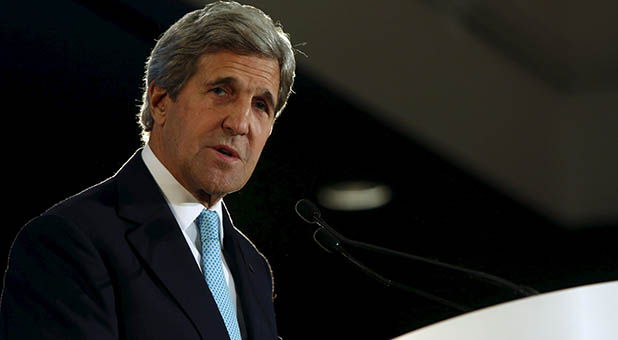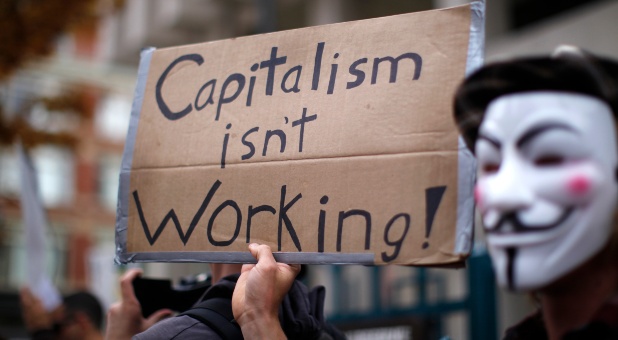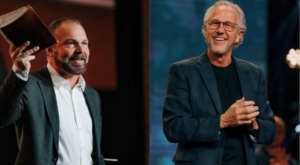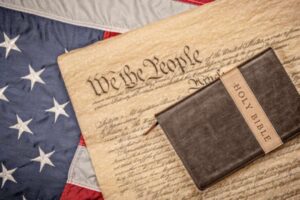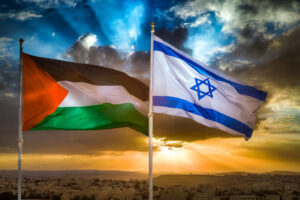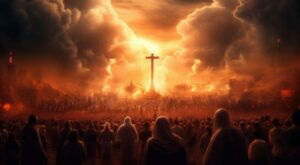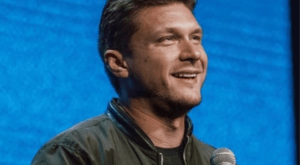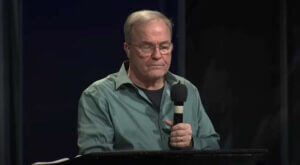At the invitation of the Rice University Baker Institute for Public Policy, named for James A. Baker III—who served on the cabinets of presidents Ronald Reagan and George H.W. Bush—Secretary of State John Kerry spoke earlier this week about the role faith and religion play in foreign policy.
“My basic argument is pretty straightforward: The more we understand religion and the better able we are as a result to be able to engage religious actors, the more effective our diplomacy will be in advancing the interests and values of our people,” he said.
Kerry, who is a Catholic, added the disclaimers that the State Department is a “secular institution” and that the United States has maintained a “formal separation, obviously, between church and state.” And he added, his department does nothing that would “cross any of those lines,” which is why it doesn’t advocate on behalf of any particular set of religious beliefs, express a preference of one faith over another or pit believers against nonbelievers.
“But this doesn’t mean that religion is irrelevant to our approach to world affairs, and particularly in this globalized, different world we are living in today,” he said. “As the child of a Foreign Service officer, a Navy veteran, a senator for almost 30 years and now as secretary of state, I have seen firsthand the pervasive impact that religious belief—and actions motivated by religious identity—have on world events.”
Kerry asked the audience to consider that roughly 80 percent of all people on Earth “align themselves with one religious tradition or another.” Over time, he added, religious teachings, movements and conflicts have “done as much as any secular ideology or economic force” to define international politics.
“Religion today remains deeply consequential, affecting the values, the actions, the choices, the worldviews of people in every walk of life on every continent and, obviously, also here at home,” he said. “It is a part of what drives some to initiate war, others to pursue peace; some to organize for change, others to cling desperately to old ways, resist modernity; some to reach eagerly across the borders of nation and creed, and others to build higher and higher walls separating one group from the next.
“But religion is not only pervasive; it is also complex, especially when viewed from the ground up. Most religions are internally diverse, reflecting multiple schools of thought, regional variations and complicated histories. And the actions of religious communities, like all communities, are embedded in the political, economic and cultural environment in which they are carried out.
“That is why religion as it is actually lived does not always look the way that we expect or have the impact that we anticipate. It is also why our engagement with religious actors has to extend beyond designated leaders to the rank and file.”
And while past secretaries of state have downplayed religion, or sought to ignore it entirely—unless world events dictated otherwise—Kerry said he has embraced it. He noted his meetings with a wide array of religious leaders around the world, as well as his launching of the Office of Religion and Global Affairs, headed by religion scholar Shaun Casey.
“I asked Shaun to take on sort of three missions in this effort: to advise me on how religion impacts U.S. foreign policy priorities, to support the entire State Department in better understanding religion and engaging religious communities, and to establish wider and deeper ties with key stakeholders across the globe,” he said. “In fulfilling those mandates, Shaun has pulled together a team of experts who have met with thousands of religious officials from five continents.”
Kerry described the role religion and religious leaders have played in several diplomatic issues his department has had to deal with over the past three years, including the effort to normalize relations with Cuba, the Iran nuclear deal, and efforts to combat ISIS—which he refers to as “Daesh.” As to the latter, he also discussed the persecution of religious minorities, particularly Christians, in the Middle East.
“We have worked hard to maintain our support for targeted communities, because we believe that the protection of religious and ethnic minorities is a fundamental test not just of our leadership, but of civilization itself,” he said. “And make no mistake, this is not a war of civilizations against each other. This is a war of uncivilized, of barbarians against civilization.
“We think that people ought to be free to choose, to change, to practice, to speak and teach their religion anywhere without fear or intimidation. And this freedom of religious and ethnic identity is not contingent on numbers. Religious minorities should have the same rights as majorities; that’s our belief, that’s who we are in the United States, and that is the norm that we seek to uphold in country after country.
“So it’s deeply disturbing today that Christians face persecution or repression in many countries, especially in the Middle East and parts of South Asia and Africa.”
Kerry also noted the persecution Tibetan Buddhists in China, Muslim minorities—including the Rohingya population in Burma—and the rise of anti-Semitism in Europe. Noting that “silence has been misinterpreted too many times in the past to risk it again,” he made a fairly strong policy statement regarding religious liberty.
“Make no mistake: The United States remains unalterably opposed to bigotry in all forms, including anti-Semitism, and our commitment on this point, I am telling you, will never weaken, never waver and never change,” he said.
Kerry’s speech also delved into the rise of Islamist sentiment, both in the Middle East, and in Western countries. He defended Muslims in the U.S., suggesting they have been in the country “since its founding.” He also attempted to connect environmentalist efforts with various religions’ calls for good stewardship.
And as he neared the close of his speech, he made the following comment:
“It’s up to us to recognize that we can’t lead a world that we don’t understand and that we can’t understand the world if we fail to comprehend and honor the central role that religion plays in the lives of billions of people. … [W]e are drawing on values that are at the heart of virtually every enduring religious and ethical tradition. Now, this is not to say that every religion is basically the same because—that it all means the same thing, because that’s not the case.”
Click here to read the entire speech, as well as the question-and-answer session that followed.
See an error in this article?
To contact us or to submit an article


